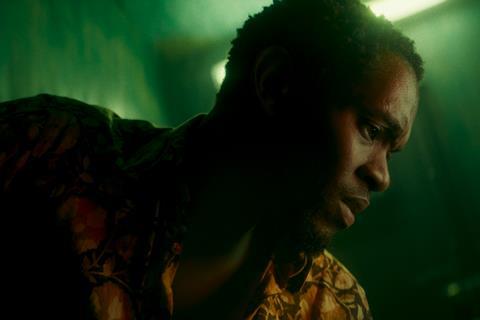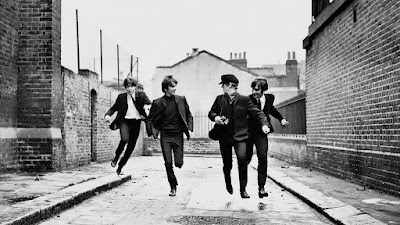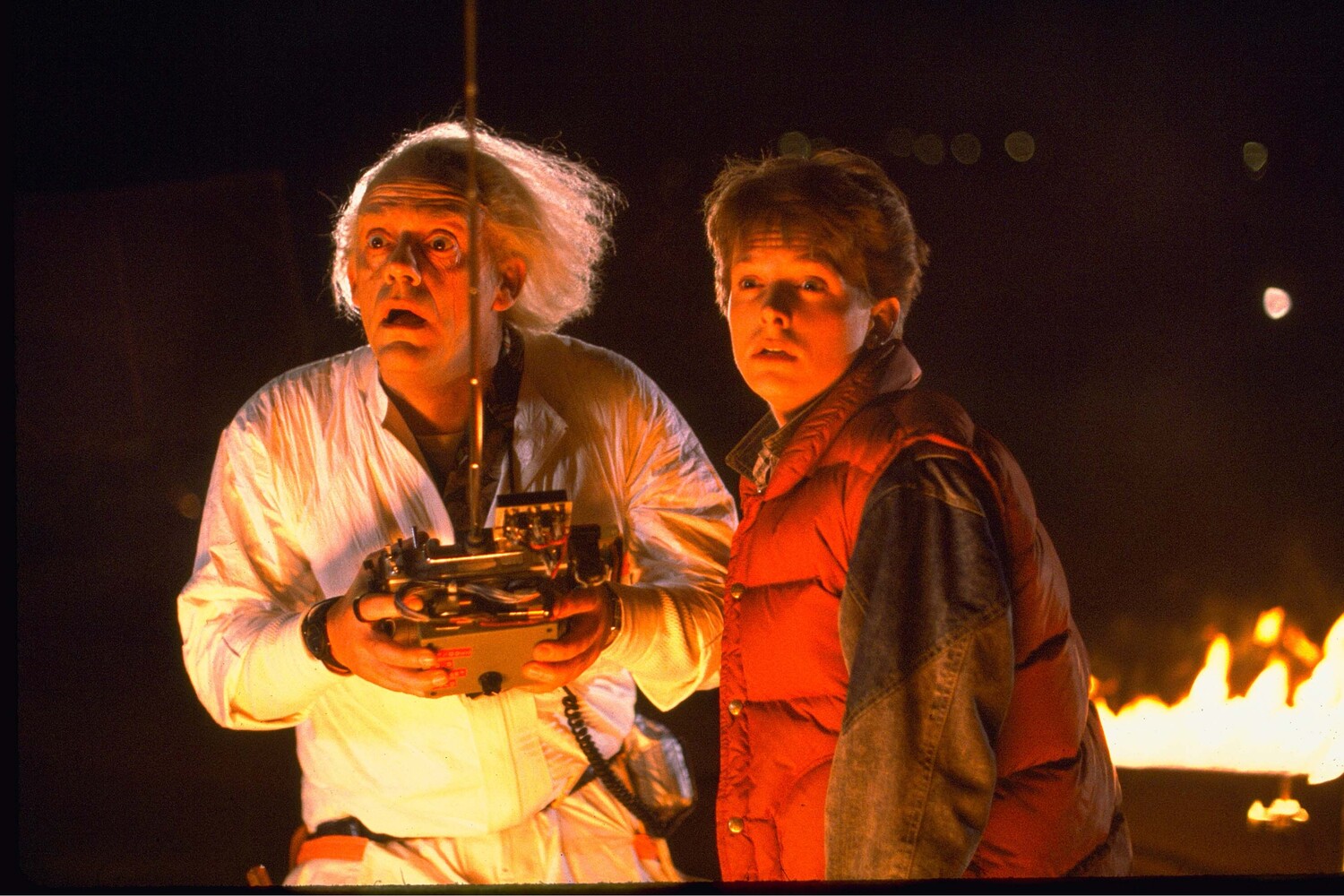Dir: Leigh Whannell. With: Logan Marshall-Green, Melanie
Vallejo, Steve Danielsen, Abby Craden. 100 mins. Cert: 15
The latest sneak attack from genre kings Blumhouse is an
unusually patient, detailed and visceral cyber-thriller that plays like a Black Mirror rethink of The Six Billion Dollar Man, and may be
the closest any mainstream production is likely to get to Japan’s cult Tetsuo movies. Left embittered after a
carjacking that kills his beloved and puts him in a wheelchair, petrolhead Grey
(Logan Marshall-Green) enters into a confidential pact with a reclusive,
ominously peroxided tech genius, becoming the guinea pig for what’s dubbed “biomechanical
fusion”: a microchipping operation that reboots his broken body with a HAL-like
operating system and heightened physical capabilities. Does it endow Grey with
renewed peace, though? Big nope on that front.
Capably stepping up to writer-director status, fiendish Saw scribe Leigh Whannell hereby restores
those sharp and spiky edges the bigger studios now routinely file off their
superhero origin stories to get the kids in. Quadriplegic by day, Java-enabled avenger
by night, Grey is obliged to lead a variation of those double lives shared by
Bruce Wayne and Peter Parker. Instead of polished production design, however,
his quest to solve his wife’s murder drags him through scuzzy flophouses and
divebars, to the accompaniment of a pounding Jed Palmer score; instead of
12A-rated mild peril, we get the vicious slicing-and-dicing and gruesome
headshots that follow from a man haphazardly wrestling with the fact he’s now
part-machine.
This process provides a fine, long-overdue showcase for Marshall-Green, the Tom Hardy-Matt McConaughey hybrid noted in passing among Prometheus’s doomed crewmen: he gets to be hugely charismatic when debating the voice in his head or fending off dogged detective Betty Gabriel, and expressive indeed amid Whannell’s acutely choreographed micro-chopsocky setpieces. Everyone’s so bound up in his internal administrator conflict that the flesh-and-blood villains often seem no more than snivelling afterthoughts, but at its best – in a boundless chase round a hackers’ hangout, and a high-speed freeway pursuit – Upgrade is as fluid and exhilarating as anything the Wachowskis signed their names to in the days when they were brothers: the kind of nifty, sometimes nasty surprise our multiplexes sorely need.
Upgrade opens in cinemas nationwide tomorrow.


/cdn.vox-cdn.com/uploads/chorus_image/image/58410171/search_cropped.0.jpg)









